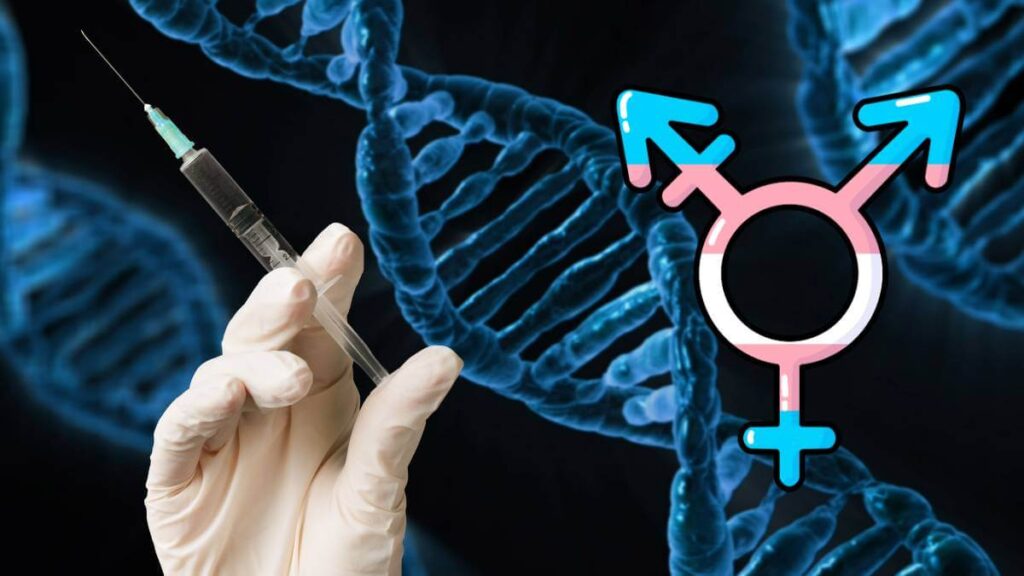It is not every day we agree with a United Nations report, but this recently released one caught our attention and commendation on two particular points – the importance of sex specific language, and the call to stop the transitioning of children who claim to experience gender dysphoria.
It is titled ‘Sex-based violence against women and girls: new frontiers and emerging issues’ and written by Reem Alsalem, the Special Rapporteur on violence against women and girls, its causes and consequences.
The Special Rapporteur notes that sex is binary, and that terms like ‘women’ and ‘girls’ are biologically based. The push by gender advocates to neutralise language – or make it supposedly inclusive – not only denies biological women their legal rights but also dehumanises them. The Special Rapporteur specifically notes how using terms like ‘birthing person’ are factually wrong and that biologically based language provides women with necessary legal protections.
In paragraph 13, the Special Rapporteur spells out the issue frankly and clearly:
“Recently, there has been a concerted international push to delink the definition of men and women from their biological sex and erase the legal category of “women”. Such efforts have undermined the practical achievement of equality between men and women. Women are therefore being denied their rightful recognition as a distinct category in law and society. It is a form of “coercive inclusion” that relies on the expectation that women will be kind enough to sacrifice their own recognition and protection for the sake of others”.
The Special Rapporteur also calls out the transitioning of children (and even more particularly, girls).
The Special Rapporteur notes in paragraph 22 of her report that “research suggests that the odds of being diagnosed with gender or bodily dysphoria are three times higher for children and adolescents with an autism spectrum diagnosis compared with those without, with girls particularly affected”. This is something that Family First and many other child protection groups have long stated. She also discusses the growing list of harms from transitioning, noting many countries are now restricting access to puberty blockers, cross-sex hormones and surgery on sexual/reproductive organs.
Sadly, New Zealand is not on this list as the Ministry of Health continues to allow – and promote – the use of these harmful interventions.
Family First also fully agrees with the report when it states “allowing children access to such procedures not only violates their right to safety, security and freedom from violence, but also disregards their human right to the highest standards of health and goes against their best interests. Children are also not able to provide informed consent for such procedures.”
Appropriately, the Special Rapporteur calls out the obsession with feminine stereotypes by gender activists. She writes “aspects of gender identity theory that are heavily based on stereotypes, often framing sexist norms about how women should dress and behave as a form of “gender expression”, which reinforces those stereotypes rather than combating them”. She also rightly identifies the damaging contribution of pornography on such stereotypes and expectations of women.
A few other points of note. She specifically names New Zealand (and several other countries) for allowing biologically male criminals to be referred to by their preferred gender identity. As we have pointed out here Family First, this skews and misrepresents the data. The Special Rapporteur also criticises the abusive language used by gender activists as well as the need for single-sex spaces.
This report is a refreshing read and it is good to see someone within the United Nations speaking clearly and sensibly on this issue.
To that end, do not expect to see any reporting of this in New Zealand media – and is why we here at Family First are making you aware of it.
To read the report yourself, CLICK HERE




